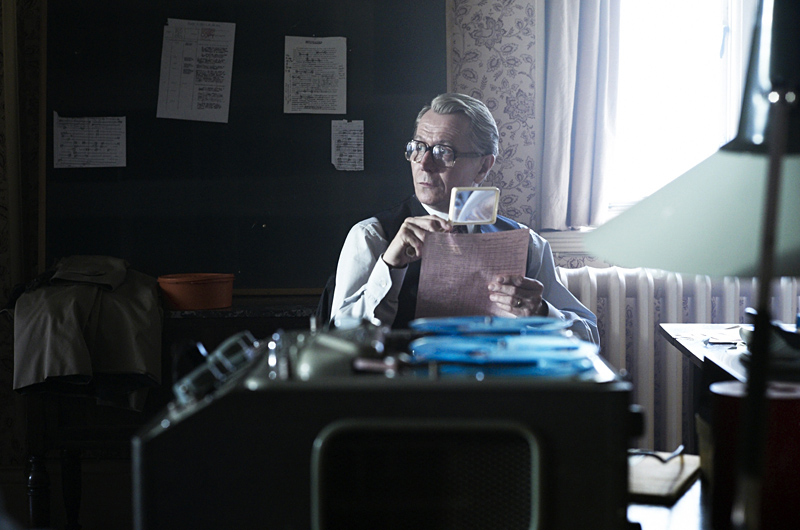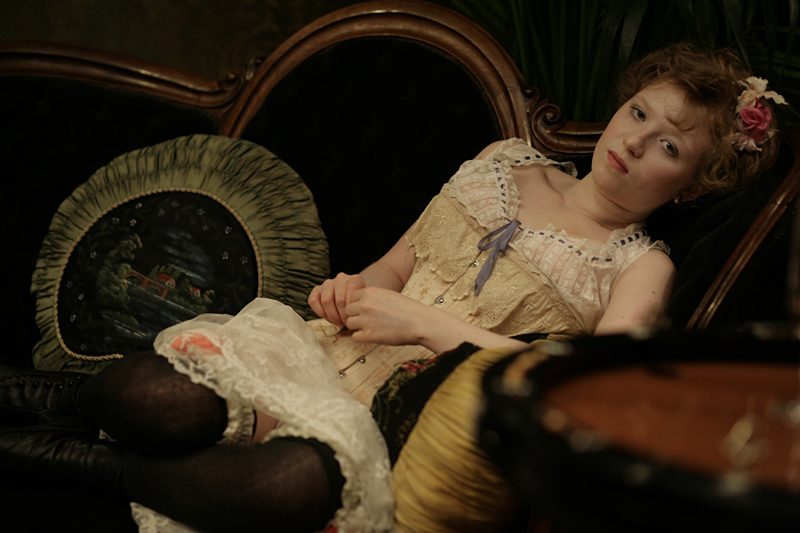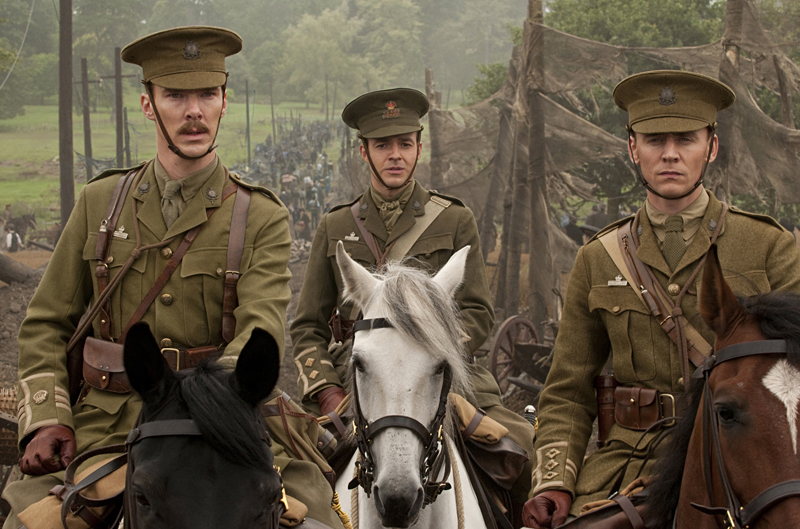John le Carré’s Tinker, Tailor, Soldier, Spy, the 1974 spy novel generally regarded as the writer’s finest, is predicated on a pair of enigmatic personalities: colorless, bureaucratic master-spook George Smiley and the double agent the Soviets have planted near the top of British intelligence whom Smiley must unmask.
Although not without violence, the novel is essentially a procedural in which, playing for grim stakes against a drab background of imperial decline, methodical Smiley must deal with degrees of betrayal and distinguish between shades of moral equivalence. (The story has a certain gravitas for being inspired by the real-life case of the Cold War traitor Kim Philby and his Cambridge-educated MI6 cohorts.) Alec Guinness was a memorably gray-faced, doughy protagonist in the 1979 Tinker miniseries; Gary Oldman makes an even more taciturn interrogator and robotically cool master of deductive logic in Swedish director Tomas Alfredson’s brooding, fluidly crafted movie adaptation.
Best known for Let the Right One In, the bleak tween vampire drama remade here as Let Me In, Alfredson is strong on chilly atmospherics. Smiley’s London is scarcely less shabby or conspiratorial than early ’70s Budapest, where a botched British operation sets the narrative merry-go-round in motion. The “circus”— le Carré’s term for MI6—is in disarray, and the discharged Smiley is metaphorically brought back from the dead to discover which of his former colleagues is the “mole” (another le Carré coinage). As Smiley goes about securing files and interviewing witnesses, Alfredson establishes a universe of technologically primitive dial phones, teletype machines, and reel-to-reel tape recorders. If Smiley’s secret agent is the anti-Bond, the retro Tinker is a sort of diminished, melancholy Brazil—at times dryly satiric. Alfredson returns repeatedly in flashback to the MI6 office Christmas party where Smiley becomes aware that his wife has betrayed him even while, in a comic literalization of le Carré’s circus metaphor, a Lenin-masked Santa leads the assembled spooks in an enthusiastic rendition of the Russian national anthem—in Russian (which, of course, they all know).
The latest Tinker is in some ways more explicit regarding various characters’ sexual proclivities than was the miniseries. It’s also more concise, but what’s lost is George’s pathos. Oldman’s Smiley is less agonized nerd than Asperger brainiac; as successful as Alfredson is in evoking the period, it’s difficult these days to feature a movie hero who is not unequivocally victorious, and perhaps even tougher, 22 years after Cold War victory, to evoke the psychology of that twilight struggle. I missed the final line, delivered in the miniseries (but not the novel) by the faithless Mrs. Smiley: “Poor George. You don’t know what life is about, do you?”








